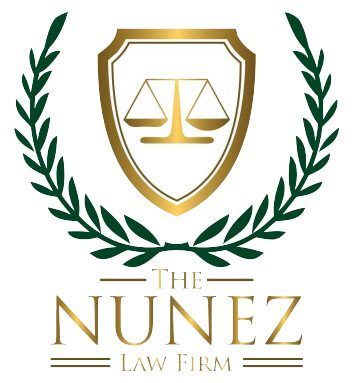Types of Personal Injury Coverage

Being involved in a car accident is a stressful and overwhelming situation. Not only do you have to worry about the damage done to your car, but a whole other set of expenses could pile up if you have been injured. Luckily, having the right insurance can get you compensation for medical bills and lost wages whether the money comes from your insurance or the other driver’s. Before you find yourself in that situation, it’s helpful to have background knowledge of personal injury claims.
- Bodily Injury Liability: Your claim would be covered under this insurance only if the accident was the other driver’s fault. Your liability policy will not cover you.
- Personal Injury Protection: This type of insurance is also referred to as “no-fault insurance.” This policy will cover all of your medical bills up to the policies limits. The most significant difference between this and bodily injury liability is this will cover you even if the accident was your fault.
- Medical Payment Coverage: This insurance helps pay for medical costs regardless of whether or not the accident was your fault. Although it is similar to personal injury protection, it will not cover the loss of income or funeral expenses.
- Uninsured or Underinsured Coverage: Your bodily injury expenses will only be covered if you’ve been a victim of a hit and run or hit by a driver who isn’t insured or whose limits won’t cover your necessary expenses.
With some accidents, it’s easy to determine who’s at fault. For example, in a rear-end collision, the driver whose vehicle receives frontal damages and is behind the other party is almost always at fault. On the other hand, there are incidents where determining fault isn’t so cut and dry. If you find yourself in one of these situations, the best thing to do is give your insurance provider a clear explanation of what happened. If you genuinely believe that you’re not to blame for the accident, you need to provide that with a detailed argument as to why. If careless behavior played any role in causing the accident, it is classified as negligence. Just like personal injury coverage, there are different types of neglect.
- Contributory Negligence: There are a few states in the country who will apply this type of negligence when deciding whether or not to deny a claim. Under this negligence, even if you are found partly at fault for the accident, you won’t receive any payment for personal injury.
- Comparative Negligence: Most states will use this when determining if they should pay a victim. With this, your payment may be reduced if you are partly at fault, but you will have some of your expenses covered.
Other factors can affect the compensation you receive from a personal injury claim. As long as you contact your insurance company right away, you will keep the process moving along quickly. Once you have filed a claim, your case will be assigned a claims adjuster. Their job is to review a variety of factors to determine payment for your claim. Some of those factors include:
- The police report filed after the accident
- Whether or not you sought medical attention and how quickly you did
- Any preexisting conditions you claim got worse because of the accident
- If there were any DUI charges filed
- Statements that you make after the accident. Although crashes are emotional, be sure not to make any statements of blame because they can be used against you in the insurance process.
- Any witness statements
- Photographs that were taken of the accident
- Personal injury limits that are written in your policy
Contact Us
Nunez Law Firm is a personal injury located in Florida. We make it our priority to ensure that all of our clients’ needs are being met and that they are receiving everything they deserve from their settlements. Call or visit us today to find out how we can help you!


